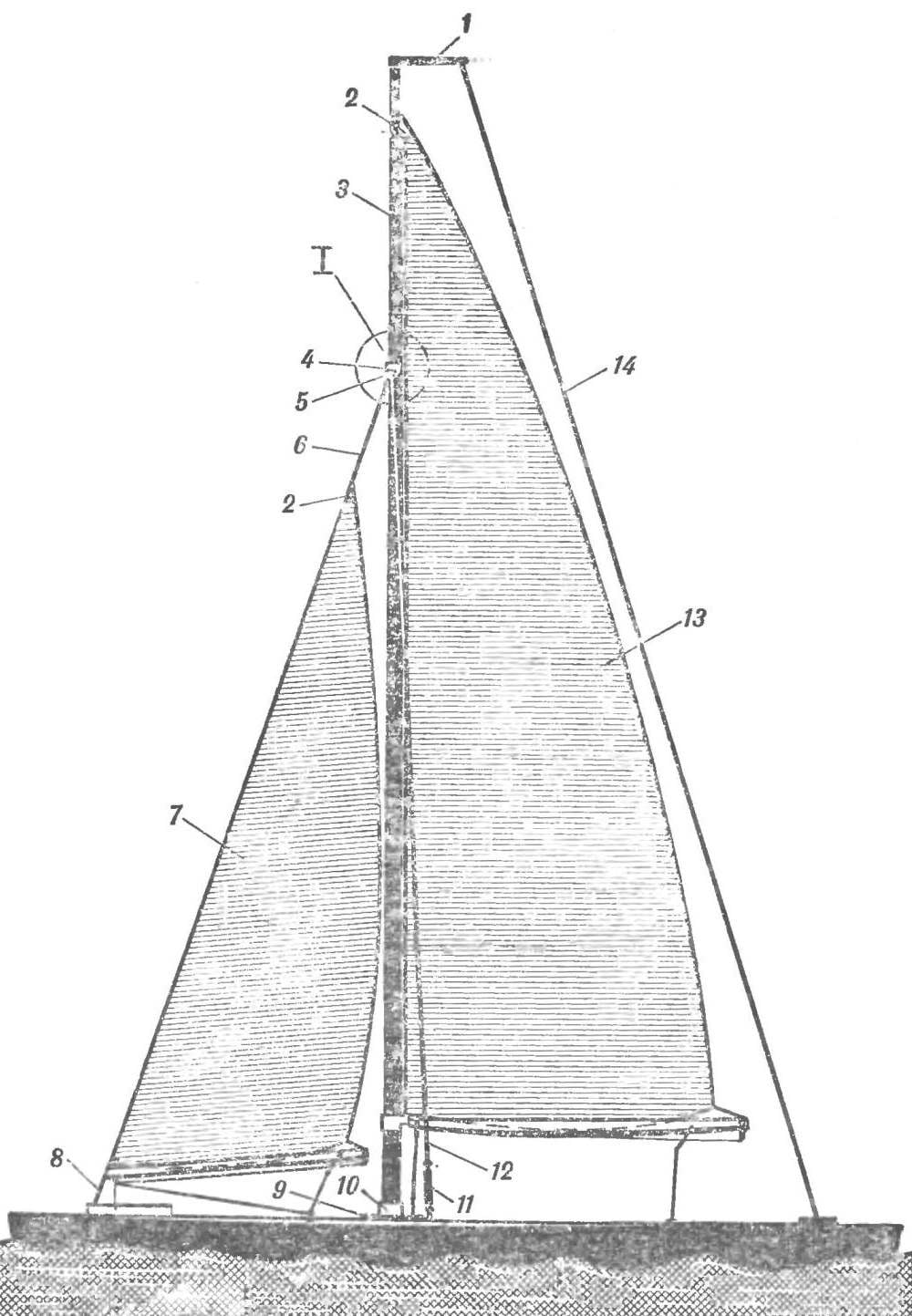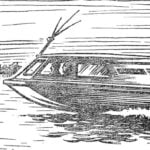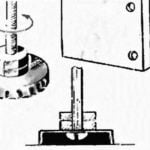 If you want to argue with the wind, taste the romance of the sea, to learn to manage sails, get to work. We recommend you to modern RC model yachts. It is possible to participate in competitions of any rank. It was designed and built by the instructor of the Sukhumi marine club, master of sports of the USSR, repeated champion of the country Anatoly Deineko.
If you want to argue with the wind, taste the romance of the sea, to learn to manage sails, get to work. We recommend you to modern RC model yachts. It is possible to participate in competitions of any rank. It was designed and built by the instructor of the Sukhumi marine club, master of sports of the USSR, repeated champion of the country Anatoly Deineko.
According to the classification of the European Association of Amateur athletes of ship modeling sport (WOUND) model yacht class “X” refers to the section managed moleda F5.
The manufacturing is according to the following rules:
1) the shape and design of arbitrary, resolved double floats or multi-piece housing;
2) sail area without Spinnaker shall not exceed 0.5 m2 (500 sm7). The diameter of the mast and of the mast not more than 19 mm;
3) allowed the Spinnaker; Spinnaker pole must not be longer than 400 mm.
The case of the model vyklevyvajut of fiberglass on a wooden disc. Ballast is cast lead. In the fore part of the body doing the rubber insert (figure 1 shaded). At the site of attachment of the mast housing increase frame stiffness, which is set in the diametrical plane (see Fig. 1).
The mast is made of wood. Windage, the mast and standing rigging are shown in figure 2. Typically, a mast has likes for attaching the sails. The figure shows another fastening system sails mainsail.

THE PROJECTION OF “HOUSING”


Fig. 1. Model yachts of the international class “X”:
1 — t-bracket for attachment of a lanyard the jib the forestay and the toggle device, the jib-boom, 2 — lanyard for attaching the jib the forestay, 3 — swivel the device (circular rotation) to secure the jib boom, 4 — jib-boom, 5 — unit for winding the staysail-sheet, 6 — spur of the mast, 7 — steps for movable mounting of the mast (has a t-profile), 8 — frame stiffness to enhance the place of installation of the mast 9 — Shkotovo drum winch (machined on a lathe from any light material), 10 — the worm for mobile weld nuts, 11 — movable notched nut, 12 — micro-switches (of any type), 13 — sheet winch, 14 — worm gear pair reducer Shkotovo winch, 15 — motor Shkotovo winch, 16 — battery 17 — relay controller, 18 — radio, 19 — decoders, 20 — servo 21 — microtubles turn off the power supply of the entire electrical system, 22— microswitches of the steering gear, 23 — pull steering system, a 24 — Kip for fixing achterstege, 25 — fixing device heliportugal pipe steering, 26 — wheel, 27 steering motor cars, 28 — Kiel, 29 — ballast, 30 — Venturini, 31 — staysail-sheet, 32 — the mainsail, 33 — Grot-sheet, 34 — tiller, 35 — rocking the steering machine.

Fig. 2. Windage, the mast and standing rigging:
1 — bracket, 2 — the head Board of the mainsail, 3 mast, 4 — band brass, 5 — attaching the jib the forestay, 6 — jib forestay, 7 — sail staysail, 8 — quickdraw head boards headsail, 9 — steps of the mast 10 to the spurs mast, 11 — lanyard, 12 — guys, 13 — sail grotto, 14 — aftersteg, 15 — plate with hole for mounting head plates of the grotto, 16 — screws with holes for wiring metal cord fastening the sails, 17 — shtag-clip for metal wiring of a rope of a sail, 18 — steel cable for fastening sails, 19 — hole for fastening the backstay, the jib halyard, 20 — ring for attaching vant, 21 — bracket with screw for fastening of the sails of the grotto to the end of the grotto-geek, 22 — belt with sleeve and pin for securing the nosing grotto-geek, 23 — rotating pin for attaching the nosing grotto-geek in the belt with sleeve, 24 — end of the grotto-geek.
For easy transportation of the yacht Machu make removable. The fastening device shown in figure 1.
The sails are made from polyethylene, Mylar and metalized Mylar films or from nylon and Dacron fabrics. Various sets of sails are shown in figure 3.
Shkotovo winch is a single-stage worm gearbox with electric motors. On the axis of the worm wheel is mounted another worm, which in the vertical plane moves the notched nut. When driving up or down the nut presses the microswitches contacts which de-energize the motor at the time when the jib boom and the mainsail reaches the desired angle of the rudder (rotation).
Management system, sail is shown in figure 1.
Steering device with an electric system is self-centering. Figure 1 gives fuller representation about its design.

Fig. 3. Sets sail:
a — the first option b — the second option.

Fig. 4. A circuit diagram of a control Shkotovo winch and steering gear (selectable option):
R1 — R4 — relay РЭС10 (passport RS4.524.304), B1 — miniature toggle switch, B2, B3 — micro-switches of any type (B2 — contact of the steering movements to the left, B3 contacts of the steering movements to the right), КУ1—КУ6 — contact relay output receiver.

Fig. 5. Basic electric circuit of the motor Shkotovo winches and steering gear:
M1 —motor for steering gear, 2 — Shkotovo motor winch B1 — limit switch limiting the movement of the steering wheel to the left, B2 — limit switch limiting the movement of the steering wheel to the right, v3 — limit switch, limiting relaying sails PA left side, V4 — limit-switch restricting the relaying sails on rights and Board (B1—B4 — micro-switches of any type).
Sheet winch steering device designed for use in discrete radio system. When moving to a proportional control these actuators need to be replaced. Then there would be no need for devices that restrict relaying sails and rudders.
Schematics of the steering gear and Shkotovo winch shown in figures 4 and 5.
BRIEF TECHNICAL CHARACTERISTICS
Length the greatest, m………………………………………………LN = 1,280
Maximum width (at the 6-th frame), m……………..INN= 0,276
Height from deck lines in the diametrical plane
to the bottom of the keel (5-th frame), m…………….N5ШП= 0,370
The weight of the ballast, kg………………………………………………………Rb = 2,6±0,2
Weight of radio and electrical equipment with
a battery power supply, kg………………………………….Re = 0,8±1,0
A. DEYNEKA, master of sports; L, KATIN, engineer



